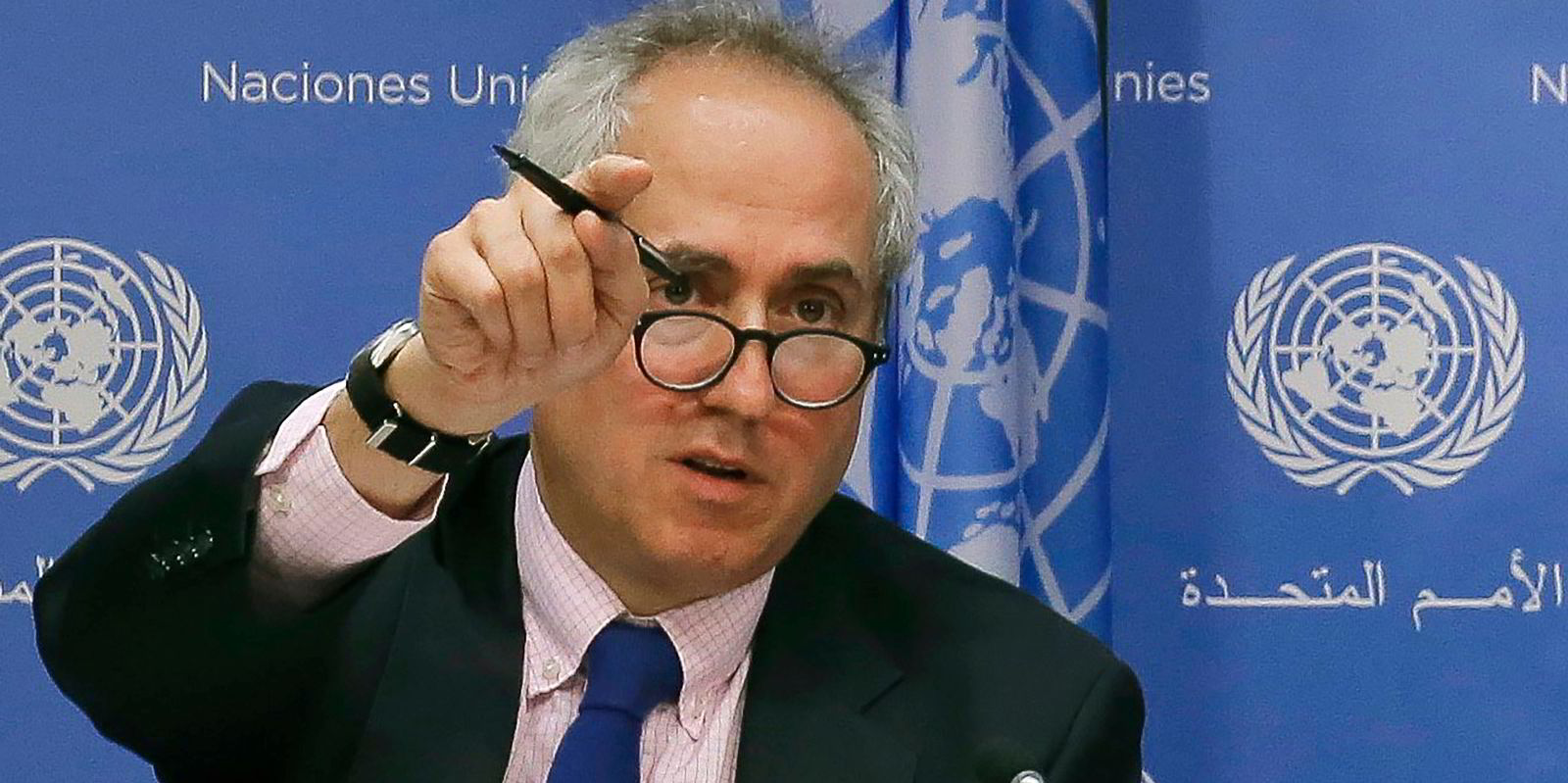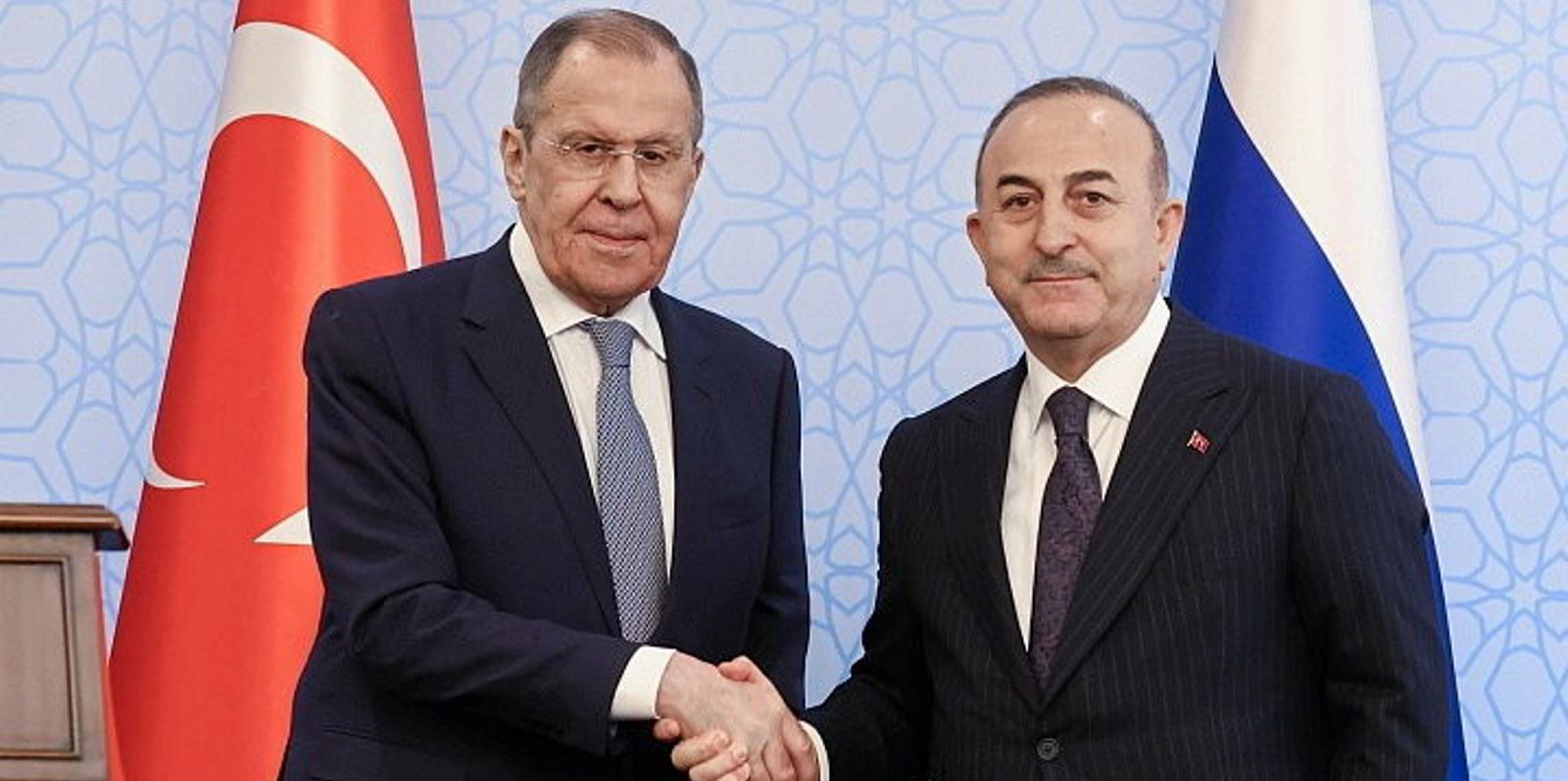A UN-led safe corridor for the seaborne export of Ukrainian grain got stuck on Tuesday after Russian and Ukrainian inspectors vetting the ships in Istanbul disagreed on procedures.
The row was expected to be resolved with routine inspections resuming on Wednesday following “intensive discussions” with UN and Turkish mediators in Istanbul, a UN official said in New York late on Tuesday.
Russian and Ukrainian officials “needed more time to reach an agreement on operational priorities,” UN spokesman Stephane Dujarric explained, without elaborating further.
Information released later on Wednesday by the Joint Coordination Centre (JCC) — the UN body in charge of steering the scheme out of Istanbul — suggests that the flow of vessels has indeed resumed.
According to an updated JCC vessel list, three bulkers were cleared to proceed to Ukraine on 12 April: the 58,800-dwt Amfitriti (built 2010); the 26,500-dwt (built 1997) New Victory; and the 23,700-dwt Ak Khalima (built 2000).
Despite the unblocking, the latest row provides further evidence that the Black Sea Grain Initiative (BSGI) is facing increasing obstacles going forward.
Ukrainian officials have long accused Russia of ordering its inspectors to drag their feet in inspecting vessels in order to slow the export of Ukrainian grain.
As of 11 April, 50 vessels were queuing in the Bosphorus to move to the three Ukrainian ports covered by the initiative.
Russia, which on 18 March grudgingly acquiesced to the BSGI being renewed for a short span of two months, has since publicly voiced doubts if the initiative still makes sense, given Western refusal to lift all obstacles to the export of its own grain.
UN spokesman Dujarric on Tuesday urged all sides “to meet their responsibilities to ensure that vessels continue to move smoothly and safely in the interest of global food security”.
“We do not underestimate the challenges, but we know they can be overcome,” Dujarric said.




